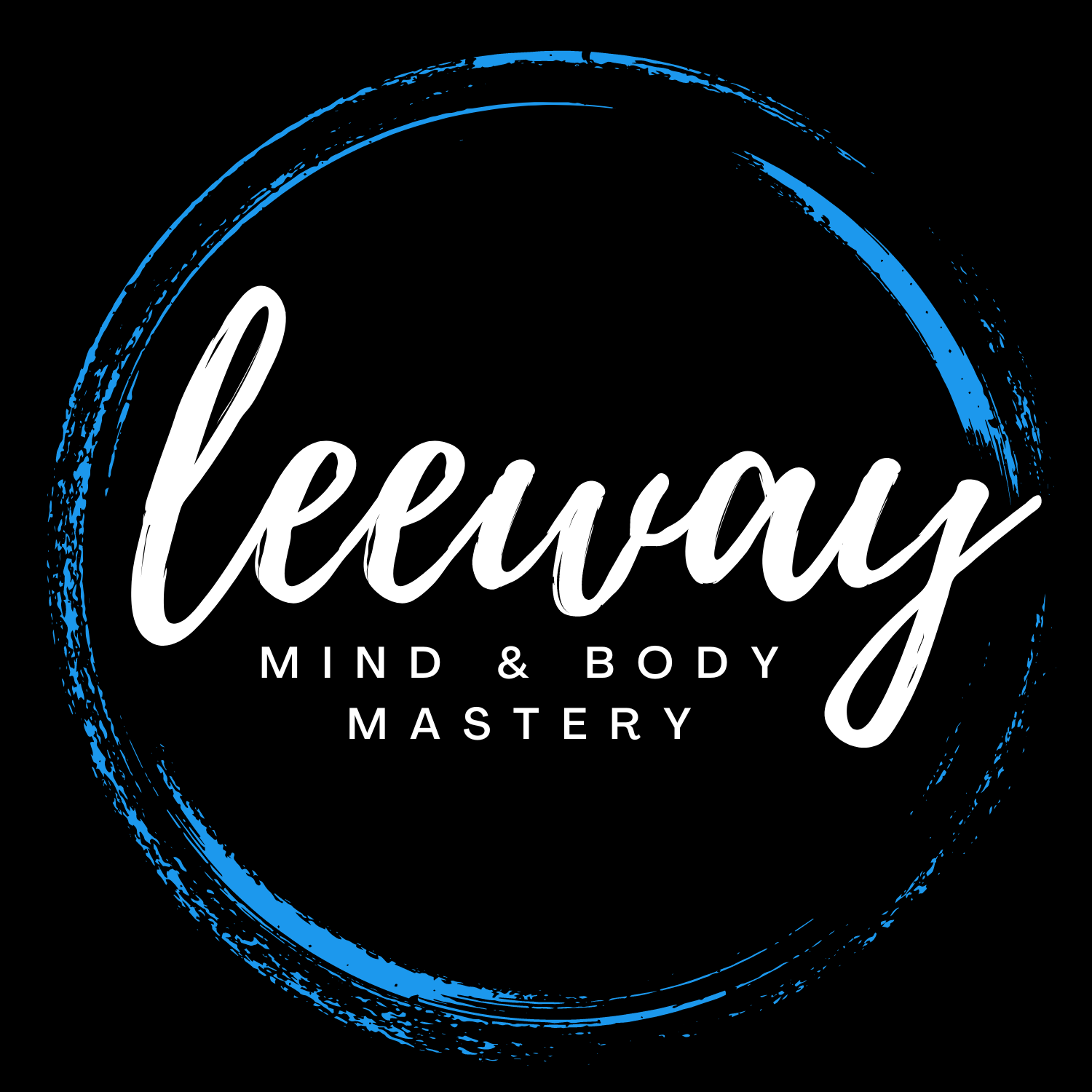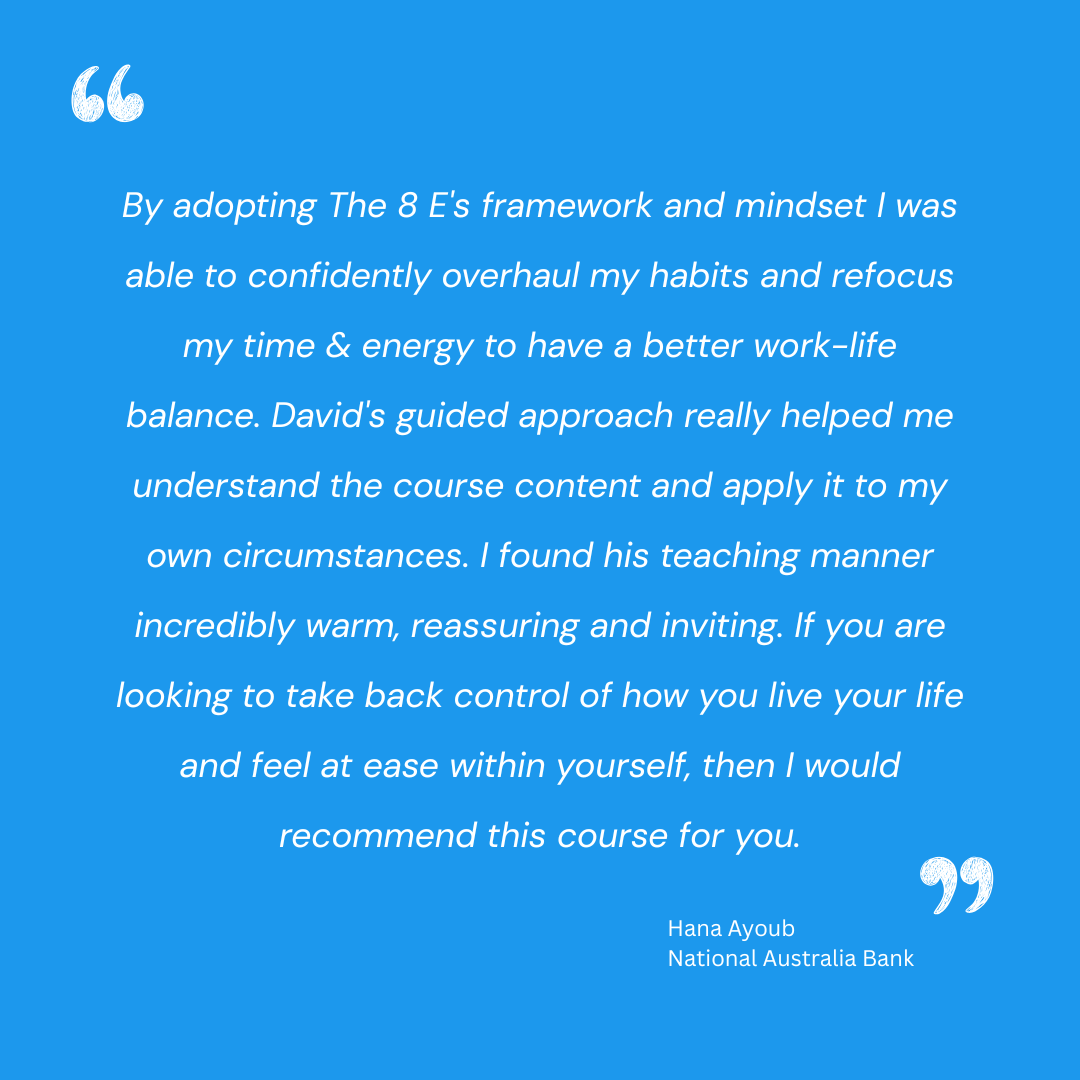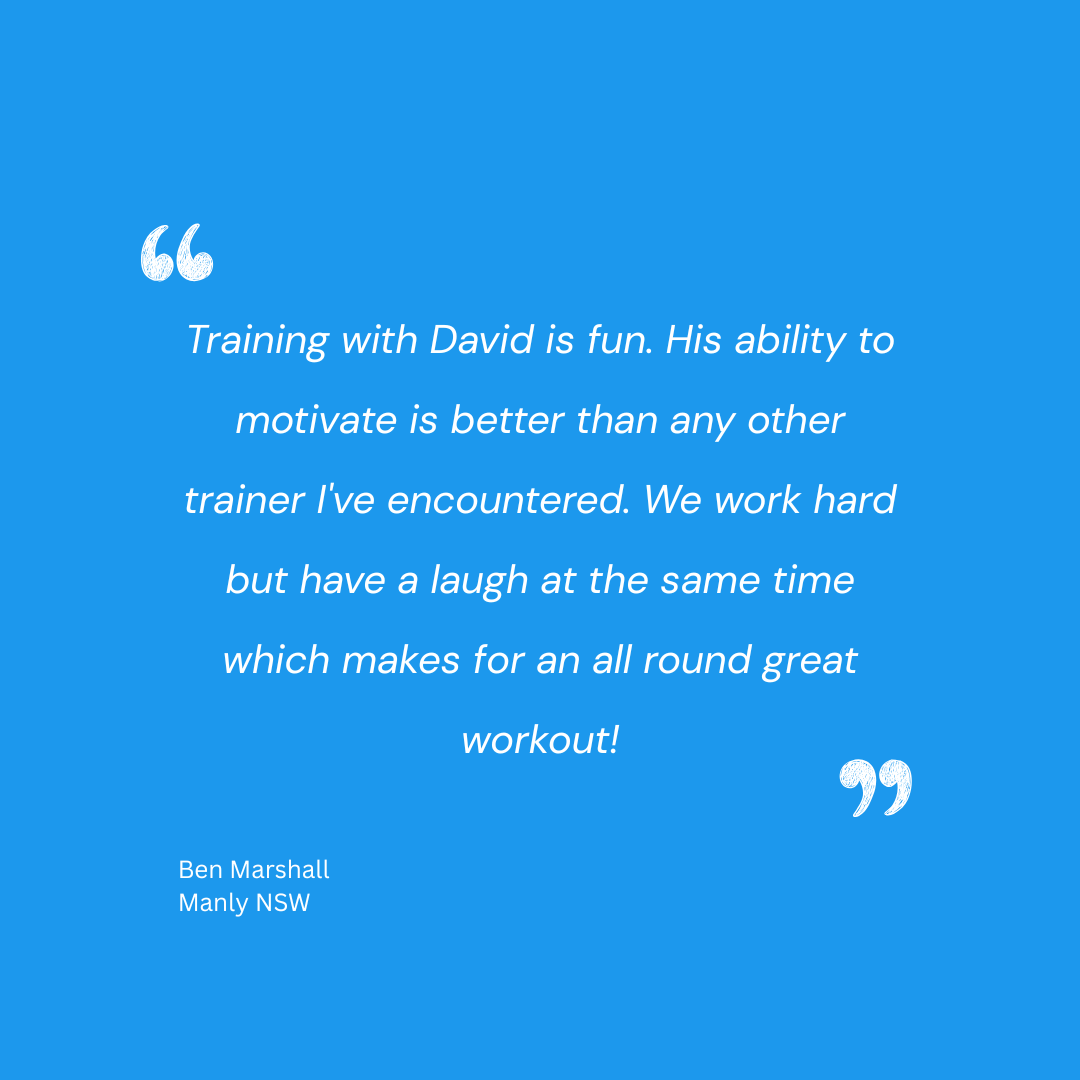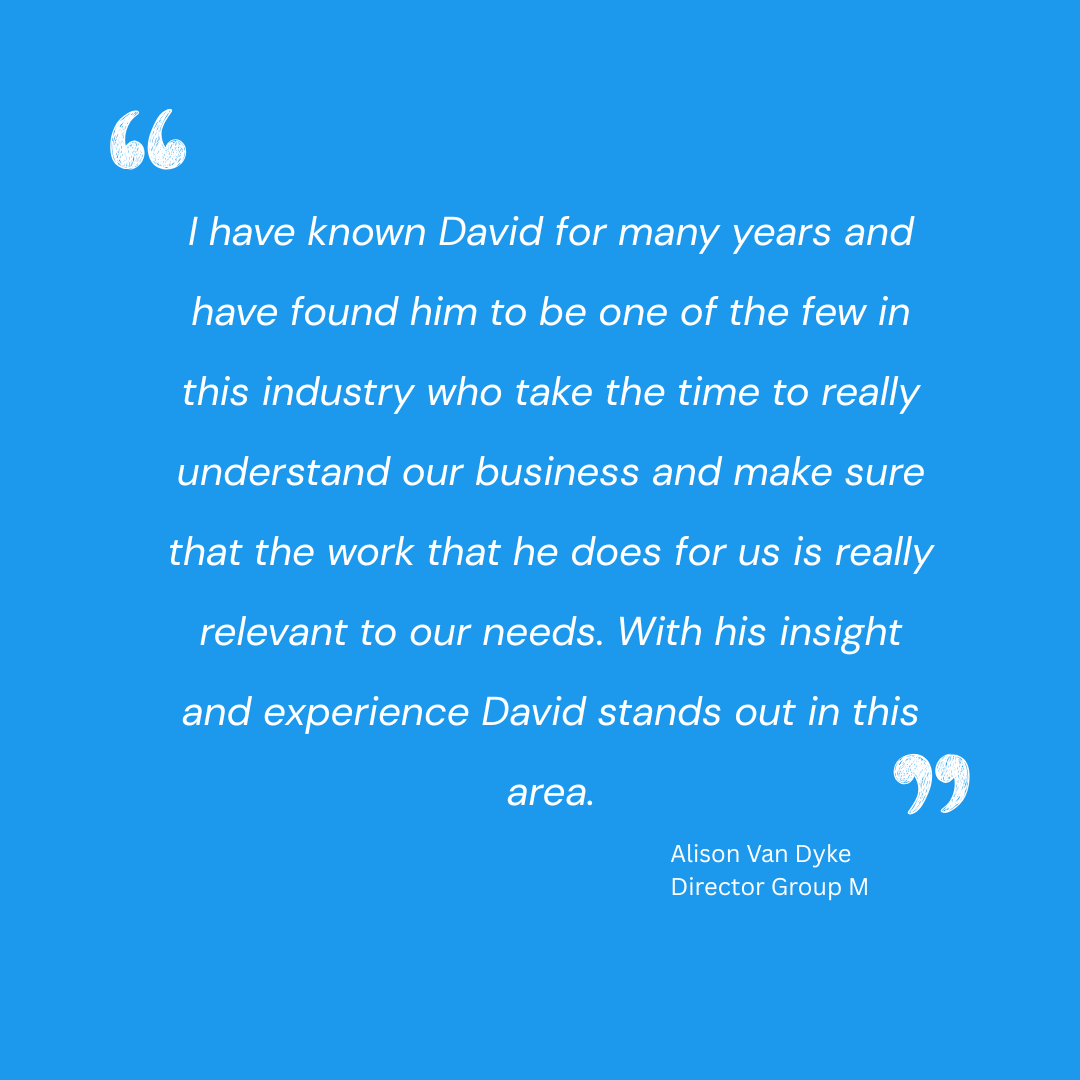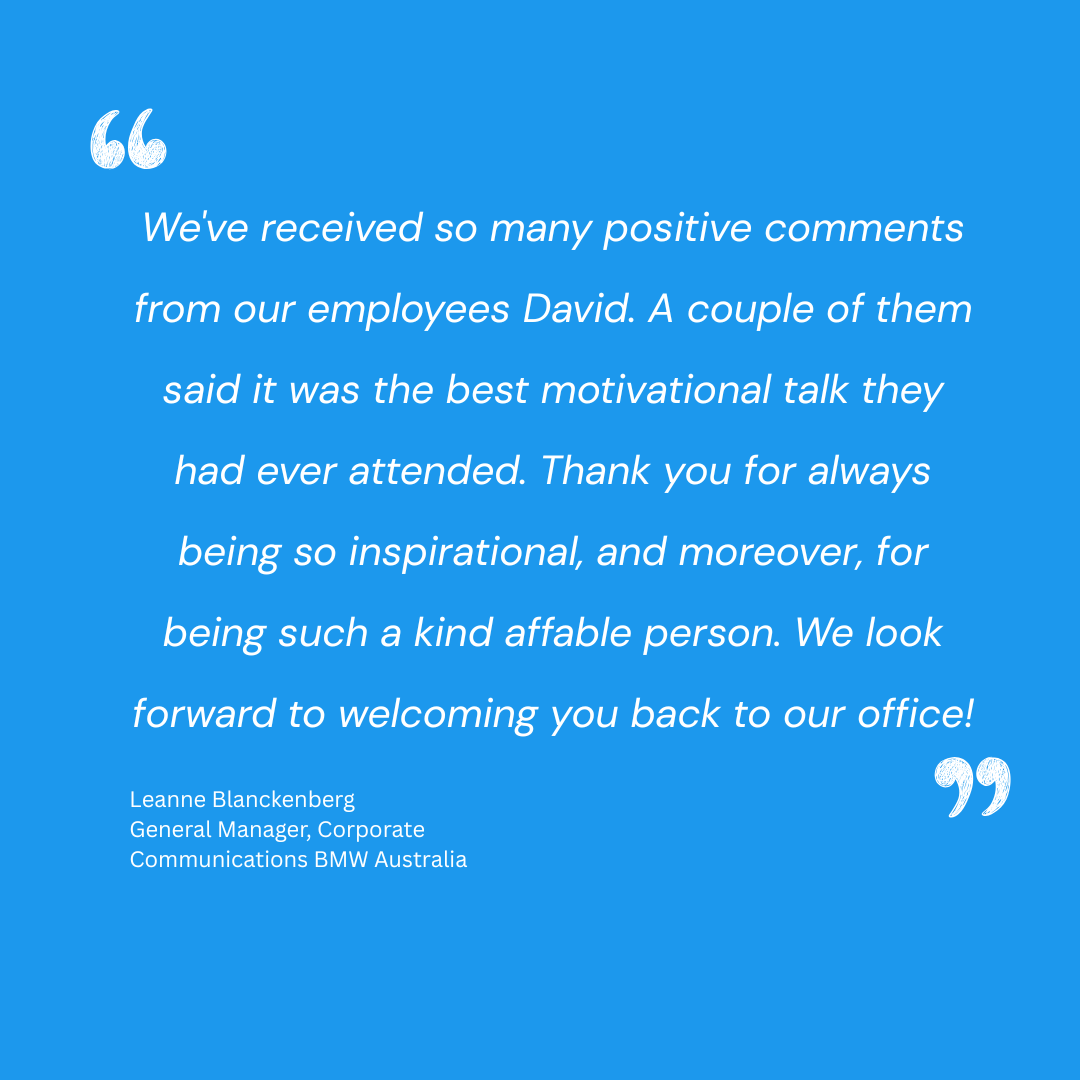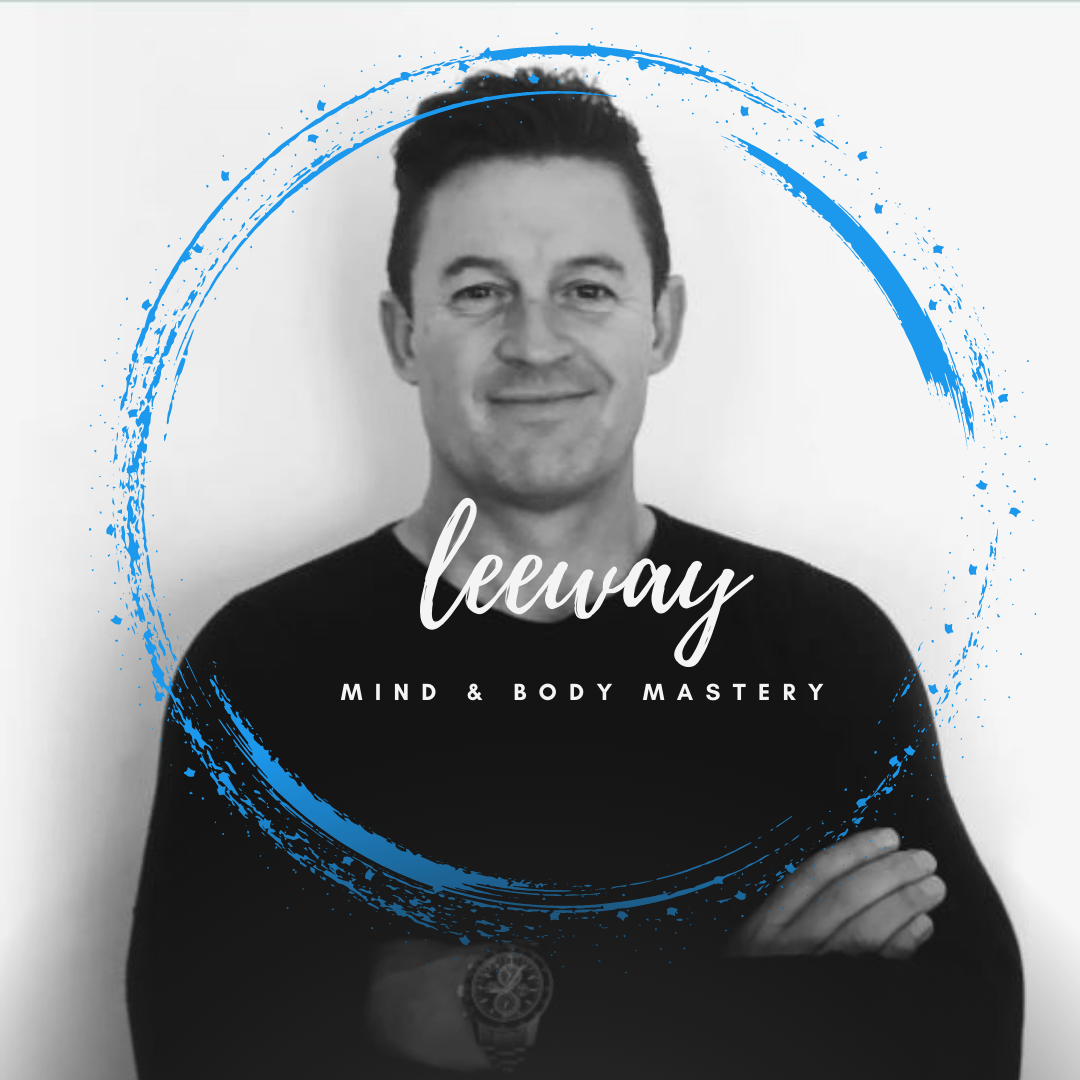Whatever the mind can conceive and believe it can achieve
Manifest: VERB
- show (a quality or feeling) by one's acts or appearance; demonstrate:
- to make evident or certain by showing or displaying
I am fascinated by words and, of course, their meaning. As a high-school student, the form of punishment my wise old Principal imparted upon me was having to write out the definition of my misdemeanours and every other word in the dictionary beginning with the same letter and have these written definitions back on his desk within one week.
This "game" started when I questioned him on what the word "tardiness" meant when he chastised me on my late arrival to school that day.
As time passed, I had ticked off a lot of the twenty-six letters, and even the letter Z got a run-in response to my incorrect use of the word Zeitgeist which I had used in my history essay.
I had meant to use the word Blitzkrieg which means "lightning war", to describe the swiftness of the German attack on the French, resulting in the German conquest of France in 1940.
Zeitgeist means "the spirit of the time; the general trend of thought, feeling, or tastes characteristic of a particular period of time.
The Zeitgeist I am experiencing through my social media feeds is positivity around the setting of intentions to how the world should be and manifesting your future. Although, of course, it may be my algorithm on social media apps. Still, I seem to get a lot of "gurus" posting about intentions and how to manifest the life you want through positive affirmations.
On a recent morning walk, I passed a service station with a pole planted in the ground near the entrance with the word manifest. Unfortunately, I have viewed the idea of manifesting as promoted by some helpful enthusiasts to fall short in the self-help department. I don't know what the pole with manifest on it is for, but it wasn't going anywhere and didn't appear to be doing anything.
"God helps those who help themselves,"
I think "Source" or "the Universe" operates on the same philosophy.
Manifesting isn't wishing as much as setting intentions and sending them out to the Universe isn't doing. When you write down your dreams and manifest your future, you must play an active part.
As featured in the book "The Secret", the law of attraction involves, at the very least, the practice of daily affirmations.
Affirmation means the act of confirming or declaring something to be true.
Napolean Hill, the author of "Think and Grow Rich", said, "whatever the mind can conceive and believe, it can achieve" I have proof within my achievements of where this thought process is valid.
Still, the most remarkable example is when I see children walking around talking through their wristwatches to their parents. These same children would be oblivious to the 1931 cartoon character "Dick Tracy" and his two-way wristwatch conversations with the Chief of Police.
Some visionary scientists believed and achieved that conception and ran with it all the way to the bank.
It is in the doing and the being that gets the having.
So, what do you have to DO to be who you want to BE, to have what you want to HAVE?
DO. BE. HAVE.
What behaviours do you have to adopt in the direction of your dreams and goals that will turn them from intentions and manifestations to reality and satisfaction?
Oh, and attack these behaviours in a Blitzkrieg fashion :)
Be well.
DL
Don’t keep this to yourself. Spread the word.


